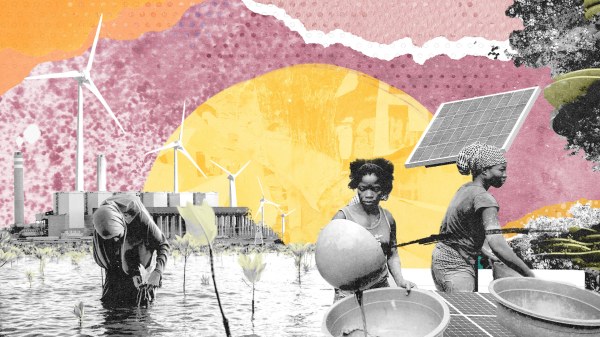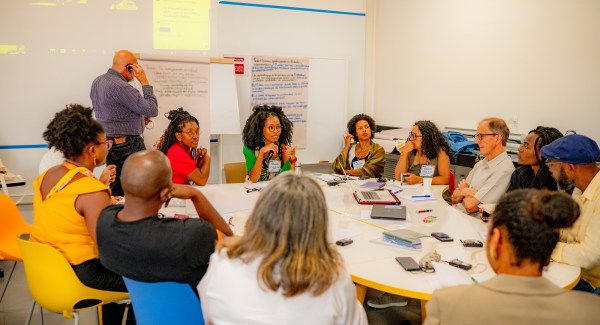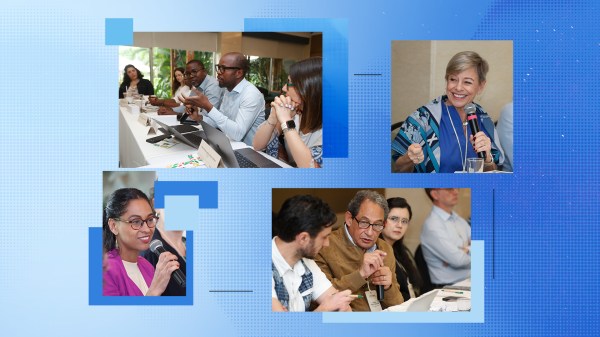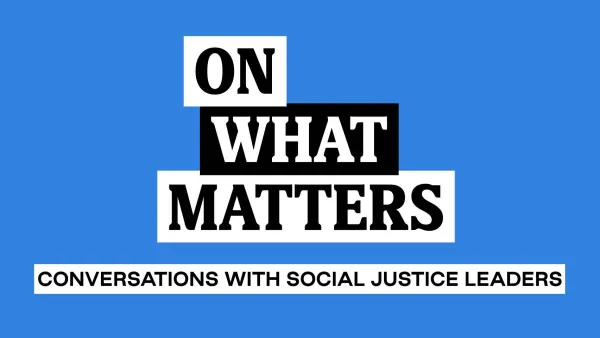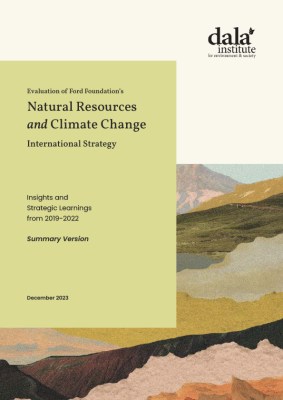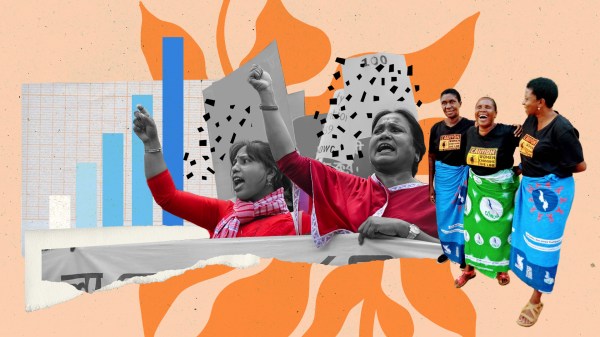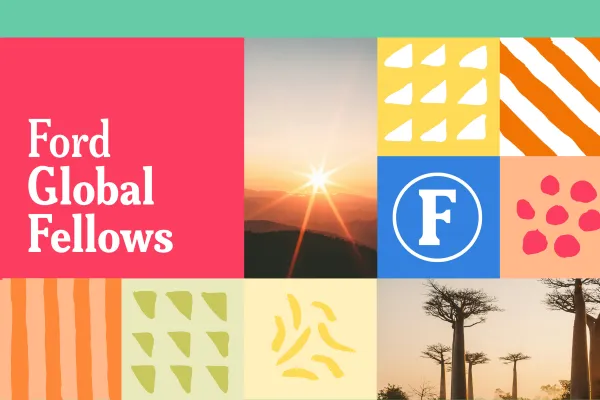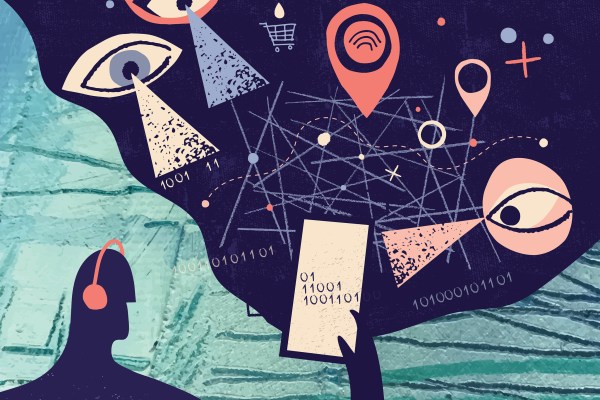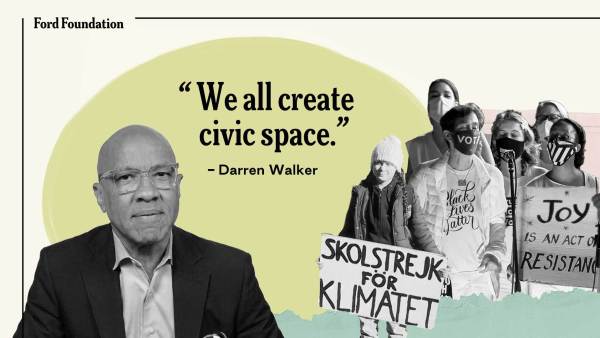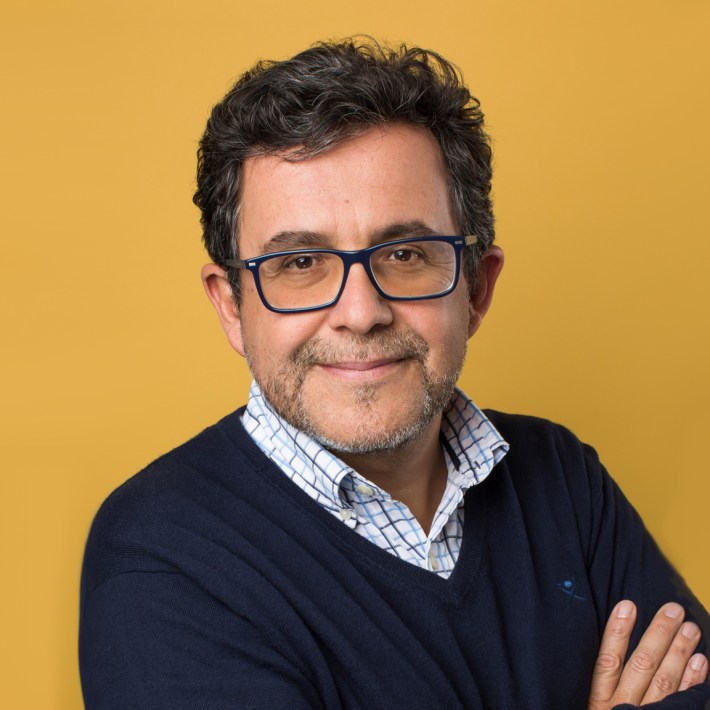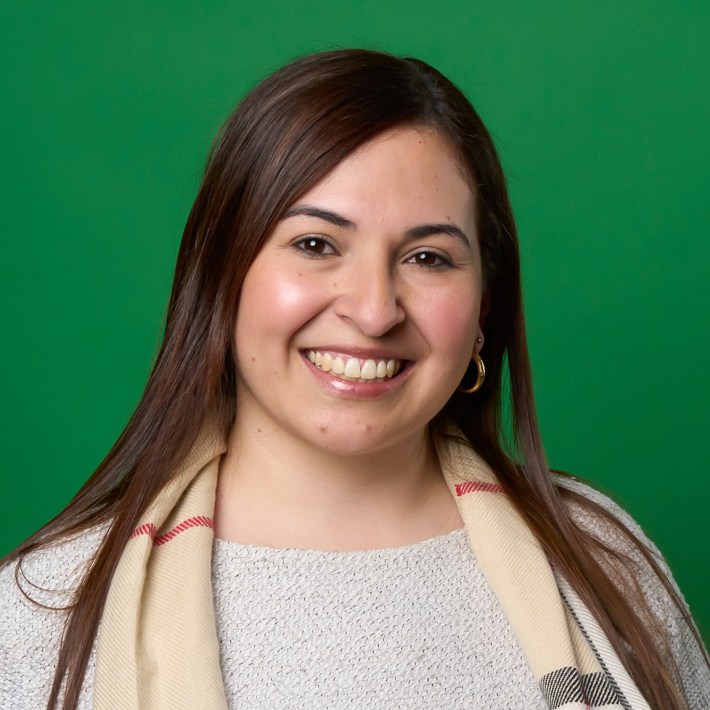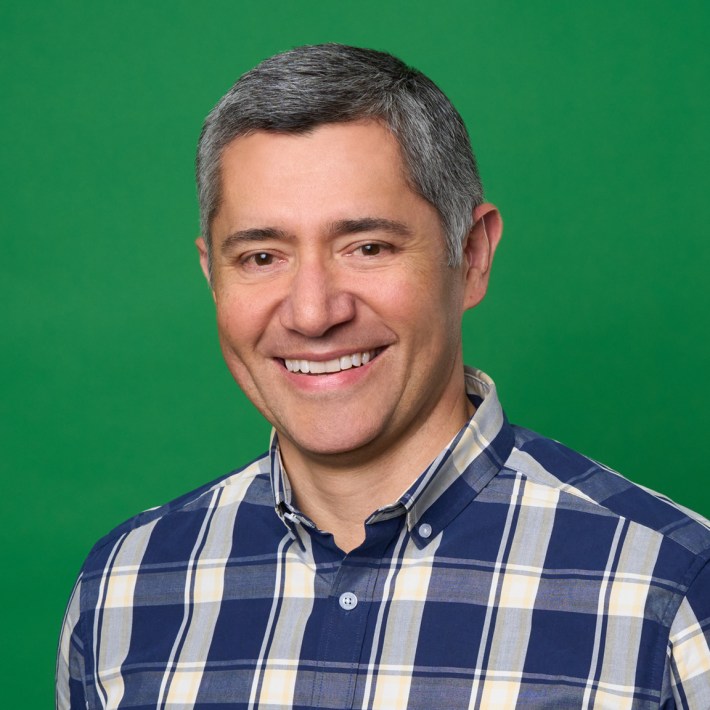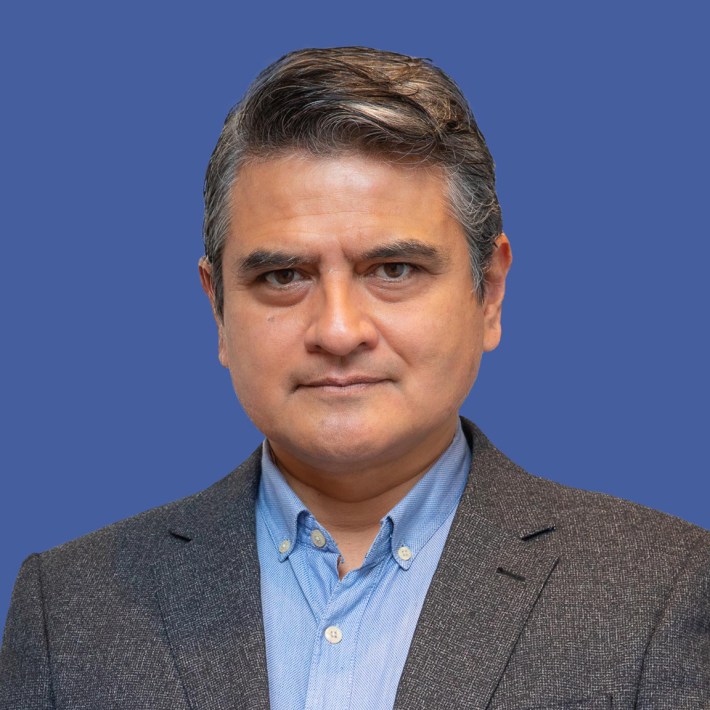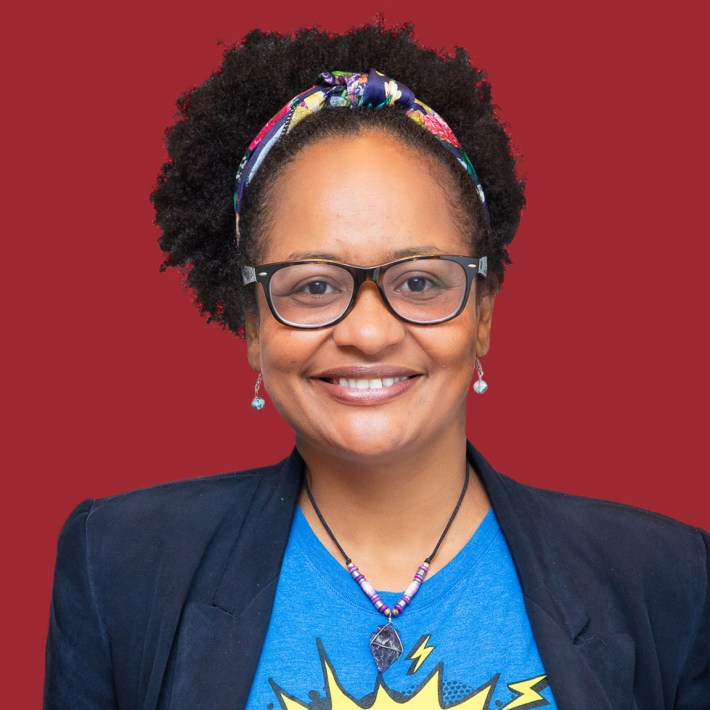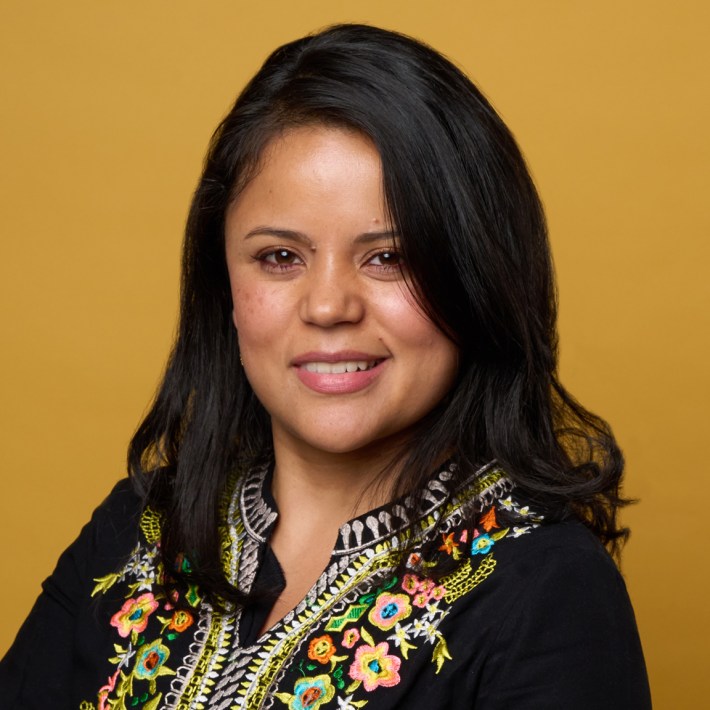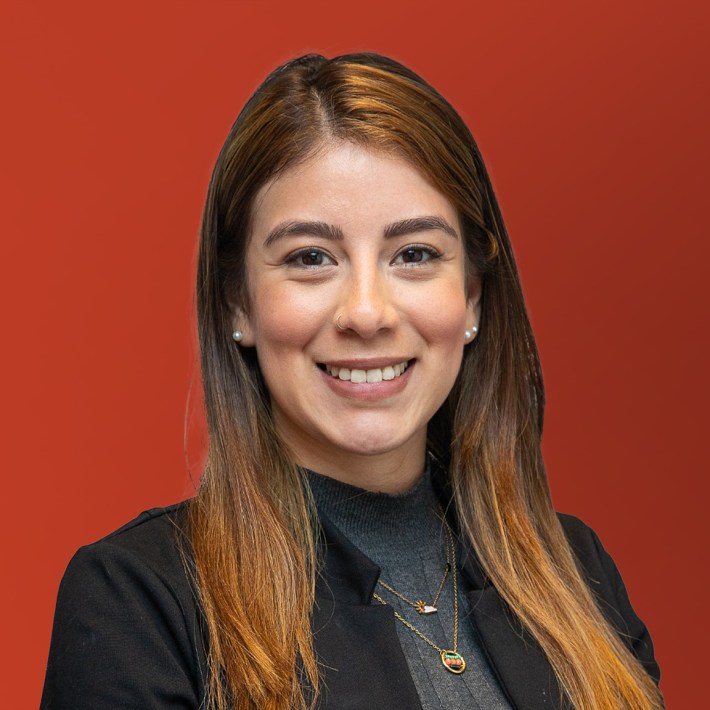Andean Region
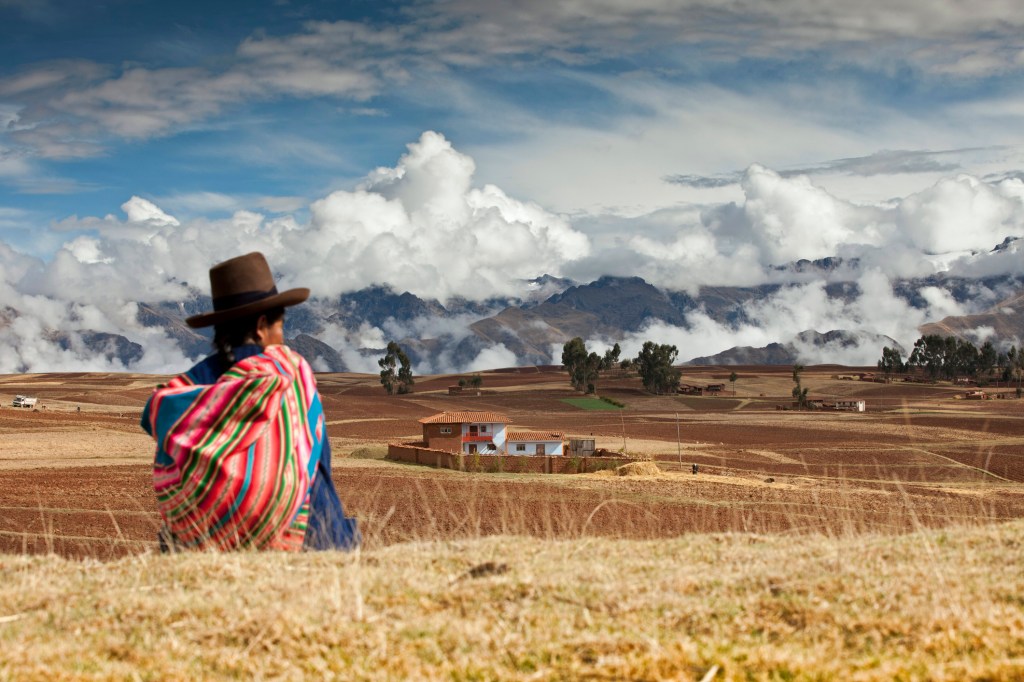
The Andean region is one of the most unequal areas in the world with a long, complicated history of violent conflicts and an accompanying legacy of persistent inequality. Though it’s home to robust economies and abundant natural resources, people in remote, rural territories are often marginalized and disenfranchised, caught up in disputes over land, the exploitation of natural resources and an extractive industry that promotes large investments over the common good. Historically, the voices of those most affected—including indigenous peoples, Afro-descendants, women, and young people—have gone unheard.
Our aim is to strengthen the power of these communities in Colombia, Peru and Venezuela, so they can protect their rights and shape the social, political and economic decisions that affect them.
In Colombia and Peru, where the preservation of natural resources is critically important, we work to amplify the voice and increase the influence of marginalized communities. Extractives comprise 70 percent of total exports in Colombia and 80 percent in Peru, so it’s critical communities, particularly indigenous peoples and Afro-descendants, secure rights over their traditional land, participate fully in extractive projects, and secure their rightful benefits. We partner with the Climate and Land Use Alliance, which works to protect the region’s forests, secure territorial rights, and enforce socio-environmental standards in the extractive sector.
In Colombia, we also support ideas, institutions, and individuals key to realizing the peace agreement created at the close of the country’s 50-year civil war. Our goal is to empower marginalized communities affected by the civil war, along with civil society organizations, to champion reconciliation efforts and contribute to post-conflict solutions that tackle racial, ethnic and gender issues tied to violence and inequality. Our work also focuses on addressing the pervasive polarization that many Latin American nations are experiencing, with political extremes becoming the norm. We support social leaders, organizations and communities to work with public institutions, civil society and human rights bodies to promote a peaceful, productive dialogue, reduce attacks and decrease polarization.
In Venezuela, as a failing state sinks deeper into crisis and citizens flee the country in desperation, we support the preservation of civil society, the protection of human rights and the promotion of democratic values. We believe in civil society’s ability to reduce rampant polarization and provide thoughtful analysis and solutions to address the country’s issues of inequality. With civil society’s help, people will develop a deeper understanding of the socioeconomic conditions of marginalized communities and have more informed responses to the migration crisis. Our work also seeks to protect human rights defenders, social activists, ethnic leaders, and civil society so they can protect the rights of the people and advance fundamental freedoms.
